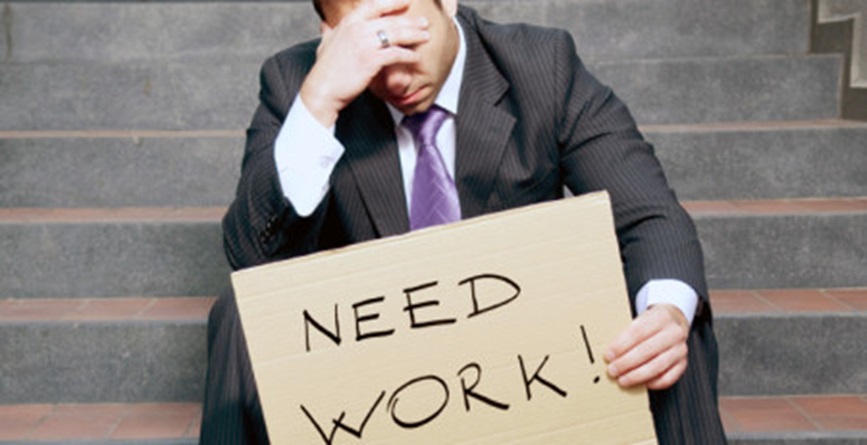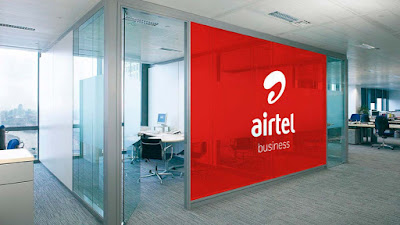Justice A.A. Kafarati stated this at an annual seminar for Hon. Judges of the Federal High Court
organised by the Asset Management Corporation of Nigeria (AMCON).
“The success of AMCON therefore in the discharge of its mandates would, to a large extent be enhanced if other safety net players and stakeholders, which include the judiciary would effectively play their respective roles.
"I am particularly pleased that AMCON has recognised the judiciary as an important stakeholder, which has a critical role to play in the sustenance of financial integrity in Nigeria,” Justice Kafarat said.
Justice Kafarat was represented at the event by Justice J.T. Tsoho.
He said the federal high court should actually do more to support AMCON recovery drive since the court has the unique constitutional responsibility and exclusive jurisdiction in respect of all AMCON matters.
AMCON is currently saddled with the responsibility of recovering over 5 trillion naira owed it by recalcitrant obligors.
The management of AMCON is determined to get debtors to repay their debt as the sunset date of the corporation draws even closer.
The development has led the management of AMCON led by Ahmed Lawan Kuru, Managing Director/CEO to switch its recovery strategy to more of enforcement.
Kuru in his remark told the judges that AMCON had always emphasised that the huge portfolio of debt owed the corporation was not the problem of the 'bad bank' but a national debt, which if allowed to crystalize will portend serious negative economic and social consequences for the entire nation.
He said AMCON is constantly under the observation of international monetary institutions and have entertained visits and inquiries from the World Bank and the International Monetary Fund (IMF) with respect to our strategies for resolving the over N5trillion or $14billion USD debt.
“In April this year, the IMF released its Country Report No. 19/92 where it recognized the Central Bank of Nigeria (CBN) as AMCON’s main creditor and that the AMCON debt creates additional contingent liabilities for the federal government. This underscores the need for a serious concerted effort by all relevant stakeholders, especially the judiciary towards achieving the most effective loan workout option.
“As part of our renewed strategy for recovery, AMCON is focusing more on enforcement. It has become clear to us that in order to attain the target as we approach sunset of 2024, we must redouble our efforts in the area of recovery.
"The AMCON Act anticipated a situation where we may need to enforce if negotiations fail. Negotiations have failed us, given our sun set date. It is also clear to us that we cannot go very far without the strong support of the judiciary. My Lords would have noticed that the volume of AMCON cases have grown since June/July 2018.
“At this stage of our recovery efforts, given our experience with the traditional litigation system, it has become imperative to consider other dispute resolution mechanisms, giving the slow pace of litigation, obligors’ propensity to hide under technicalities, and AMCON’s sunset timeline,” Kuru stated.











































